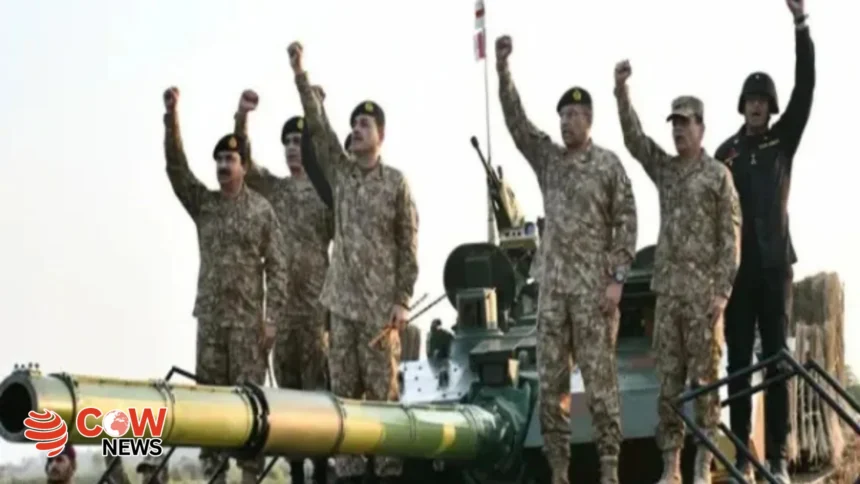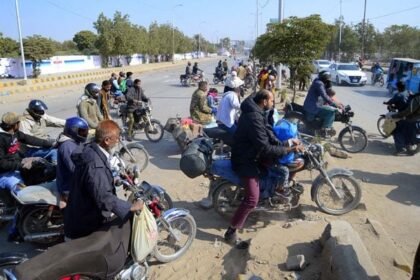The Pakistan Armed Forces have officially declared the successful conclusion of Operation Bunyān Mursūs, launched in response to Indian aggression between April 22 and May 10, 2025. The military termed the clashes as the Battle for Truth (Ma’raka-e-Haq), marking a pivotal chapter in the nation’s defense.
In a detailed press release issued by the Inter-Services Public Relations (ISPR), the armed forces revealed that the operation was initiated following India’s unprovoked and cowardly hostilities on the nights of May 6 and 7, which resulted in the tragic deaths of numerous innocent Pakistani civilians, including women, children, and the elderly.
“Pakistan had vowed to seek justice for these atrocities—and by the grace of Almighty Allah, we have fulfilled that promise,” the ISPR statement read. “We are grateful for the divine strength granted to us to launch a decisive response against oppression.”
The military’s communique paid tribute to the martyrs who laid down their lives for the motherland and expressed prayers for the swift recovery of the injured. It acknowledged the bravery and professionalism of soldiers, officers, pilots, and naval personnel whose sacrifice made this success possible.
ISPR praised the unshakable support of the Pakistani people, especially the youth who served as digital warriors on the cyber front. It also commended the role of the national media in countering Indian disinformation campaigns and the Foreign Office for articulating Pakistan’s position internationally with clarity and conviction.
The military further thanked scientists and engineers whose technological innovations enhanced operational efficiency, as well as political leadership—including the Prime Minister and Cabinet—for showing unity and resolve in crucial decision-making.
According to the statement, Pakistan’s response demonstrated exemplary joint military coordination, advanced network-based warfare, and multi-domain operations across land, air, sea, and cyberspace. Over 26 critical enemy targets were neutralized during the campaign.
Key Indian military bases were struck, including those in Sirsa, Bhuj, Naliya, Adampur, Bathinda, Pathankot, Srinagar, Udhampur, and Jammu. Pakistani forces also dismantled brigade headquarters in Rajouri and Nowshera, along with Indian camps allegedly involved in cross-border terrorism.
The ISPR added that enemy artillery and posts along the Line of Control (LoC) were effectively targeted, eventually forcing Indian forces to raise white flags and appeal for a ceasefire.
The statement also highlighted Pakistan’s strategic use of armed drones, extending their operational message deep into Indian territory, including New Delhi. Furthermore, critical Indian cyber and military networks were temporarily crippled during the offensive.
ISPR clarified that all Pakistani strikes were precise and limited, aimed only at installations directly linked to terrorist activities or the killing of innocent Pakistanis. It emphasized that even during eastern operations, Pakistan simultaneously and effectively countered Indian-sponsored terrorism in Khyber Pakhtunkhwa and Balochistan.
The military hailed Operation Bunyān Mursūs as a testament to national unity, strategic foresight, and defense of sovereignty. The armed forces warned that any miscalculation regarding Pakistan’s resolve or territorial integrity would be met with a comprehensive and decisive response.
“No one should remain under any illusion that Pakistan’s sovereignty can be challenged without consequences,” the statement concluded.







